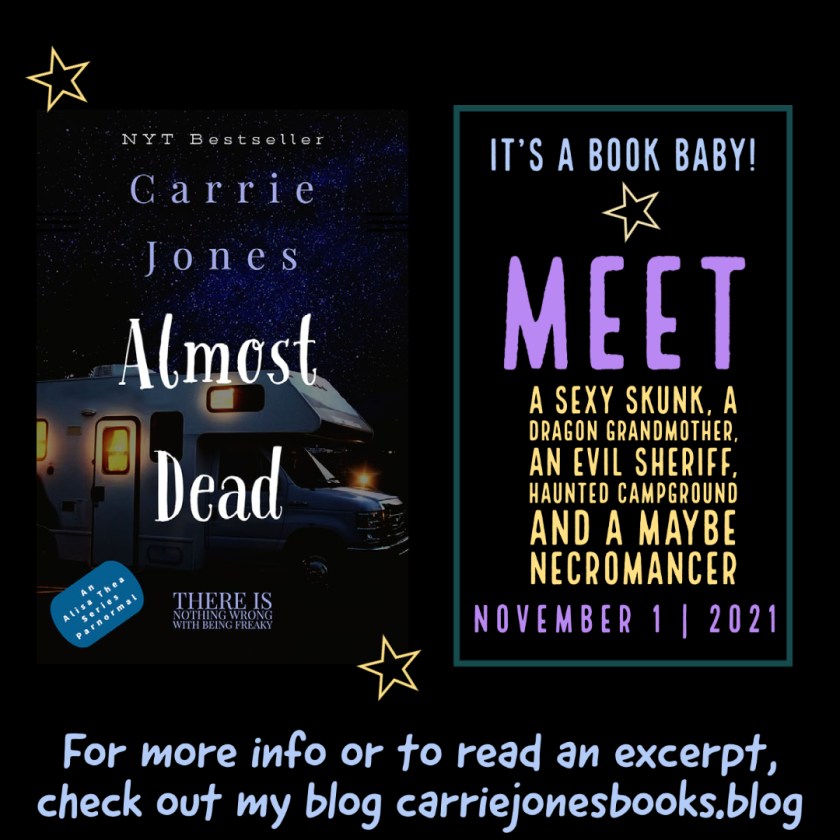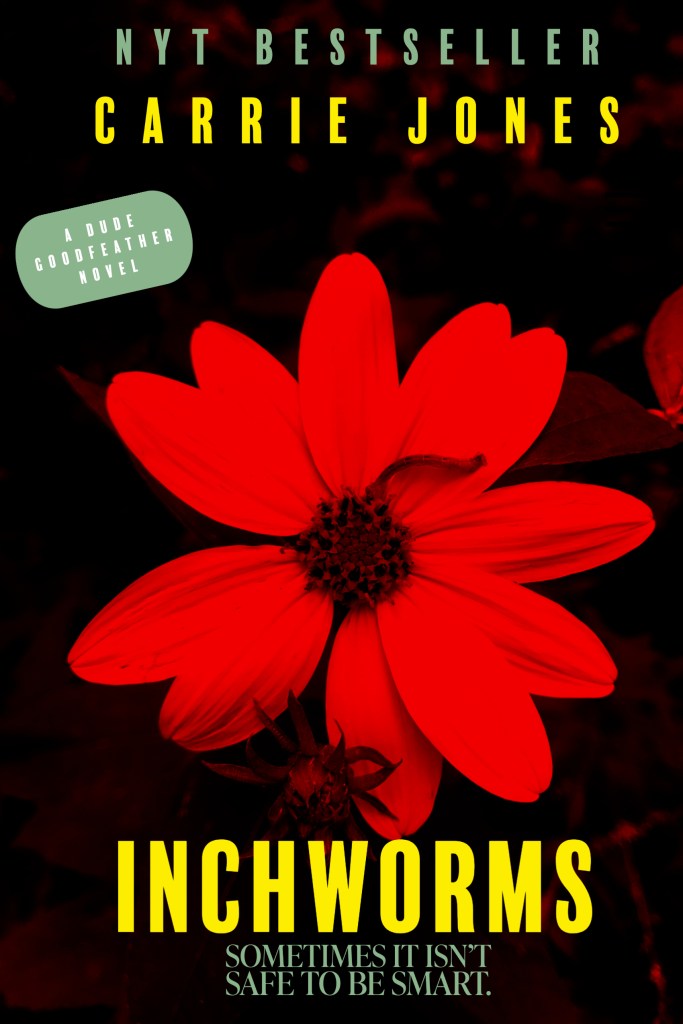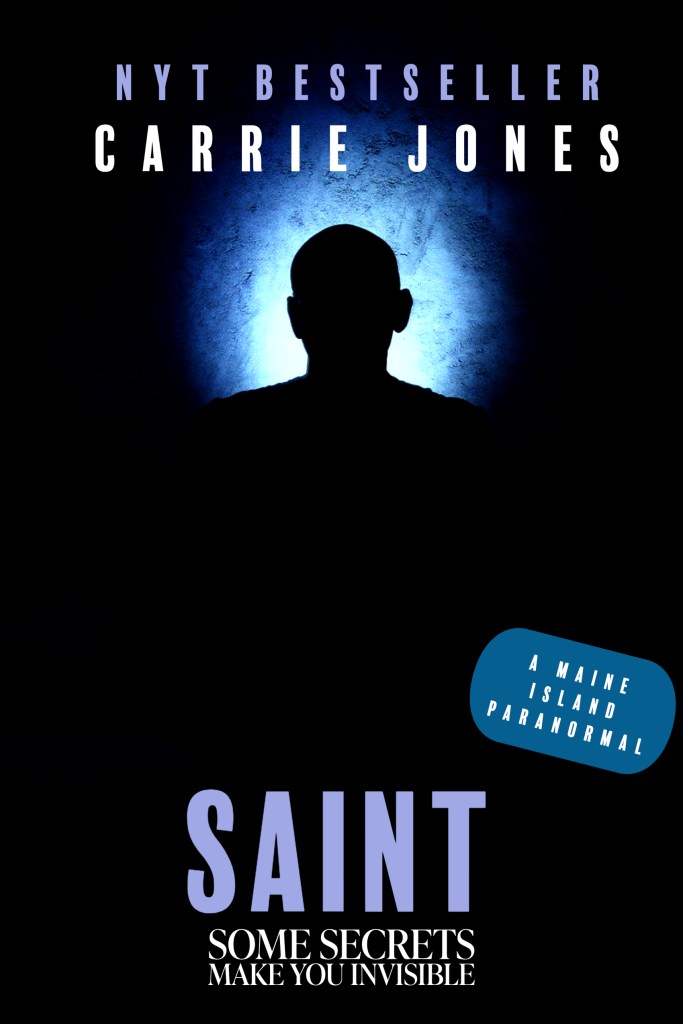I’m teaching a class over at the Writing Barn about character and we’re half-way in. I’ve talked about character motivation and goals, yearning, making them memorable, human worth, stakes, and the big lie. But one of the most important factors in creating a character’s inner landscape is the humanizing flaw.
The humanizing flaw is about where your character is messed up.
It’s part of what’s holding them back from getting their goals and yearnings.
It creates conflict. It keeps them away from that Superman perfection.
NowNovel writes:
Character flaws serve multiple purposes. Often, they’re the faults and shortcomings that create conflict between key players in a story. Yet flaws are also useful for creating attraction between characters. Without them, characters feel wooden, ‘too perfect’. Without them, attraction might seem too instant.
I have some issues with this term from a disability perspective, honestly. And the first type of flaw that editors/coaches/teachers will cite is:
THE PHYSICAL CHARACTER FLAW OR DISTINCTIVE DETAIL?
This might be about a character’s appearance. It might be about something that goes against society’s “beauty norms.” It might be about something in their physical nature that makes them different and potentially judged negatively for.
The way your character deals with/thinks about/relates to this “flaw” is important. Is it a positive attitude? A negative one? An impartial attitude? Their perception of their flaw helps build their character.
So, both I and author Libba Bray can’t see out of one of our eyes. Libba usually talks about this in a jocular way. I usually blurt it out, unthinking, while I explain that I have a horrible time seeing people raise their hands in Zoom sessions. How we handle our blind eyes helps define who we are as people. It’s the same thing for characters on the page.
NowNovel talks about finding “beauty in the eye of the beholder,” saying:
“The common phrase ‘beauty’s in the eye of the beholder’ reminds us that attraction is often highly subjective. One character might joke with another, saying, ‘What do you call a potential boyfriend shorter than six foot? A friend’ The friend, on the other hand, might have a strong attraction to shorter men.
“Often someone’s ‘flaws’ – a mole, some or other detail – is also what gives them their ‘them-ness’. It’s the distinctive detail that another character associates with them. It represents them in the other’s mind’s eye.
“When writing romance between characters, think about physical details a character might dislike about their own appearance. There could be a ‘too much’ or ‘too little’ that a lover wouldn’t have any other way.”
THE PERSONALITY OF POOPINESS OR EMOTIONAL FLAW
These are big ones, really. And they can be confusing. Think of going on a date with someone. It’s your first date and then you have a few more. They text you a lot. They want to hang out with you all the time. You think, “Oh, what a cutie!” But then it turns out that if you don’t text them back within the hour, the send out an all points bulletin looking for you.
Aspects of personality that seem lovely can be turned around into a negative and vice-versa.
Or, as NowNovel says:
“The imbalances in people are often the things that attract and repel others.
“This push and pull between finding emotional flaws or imbalances attractive and frustrating makes relationships interesting. The character who ‘chivalrously’ holds the door for the other could easily become irritating in their determination to hold up gender ‘roles’ or traditions.
“These double-edged character qualities are especially useful when you want to show how characters pass from hating to loving each other (and vice versa). An extrovert character who finds another’s shyness off-putting, for example, might find themselves getting drawn more and more to their quiet or gentle quality.”
It’s hard to manage those flaws sometimes.
And finally, we have . . .
THE IDEALOGICAL WHAT THE HECK IS WRONG WITH THEM FLAW
Just like each of us, our characters have an ideology. There are values that they live their lives by. They have beliefs.
It’s a bit like going on Facebook or Twitter or TikTok and seeing a bunch of memes that lean a certain way politically. You quickly know how a person on your friends’ list stands if they share those things, right?
When your characters have different ideologies, one might decide the other’s way of thinking is a flaw. One might be a vegan. One might be all about meat and potatoes. One might love STAR WARS. One might think STAR WARS is a capitalistic venture creating bipolarities meant to dumb down the world.
Sometimes a character might think another’s idealogical flaw or difference makes them hot. The difference in belief systems can help a character in a young adult novel rebel against their family if they are expressed in a potential love interest. It can be a place to insert humor and conflict in your characters, but it can also repel characters.























